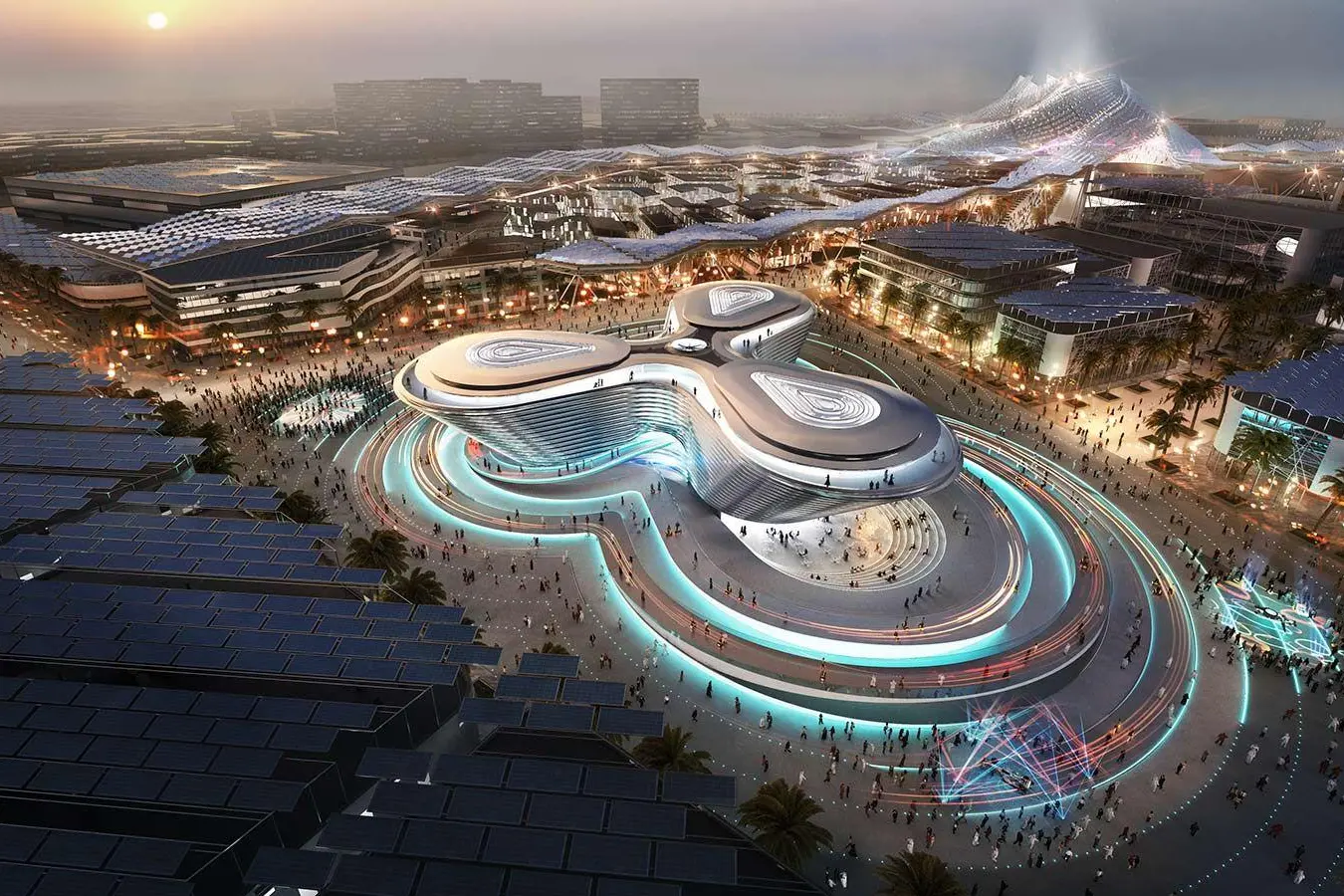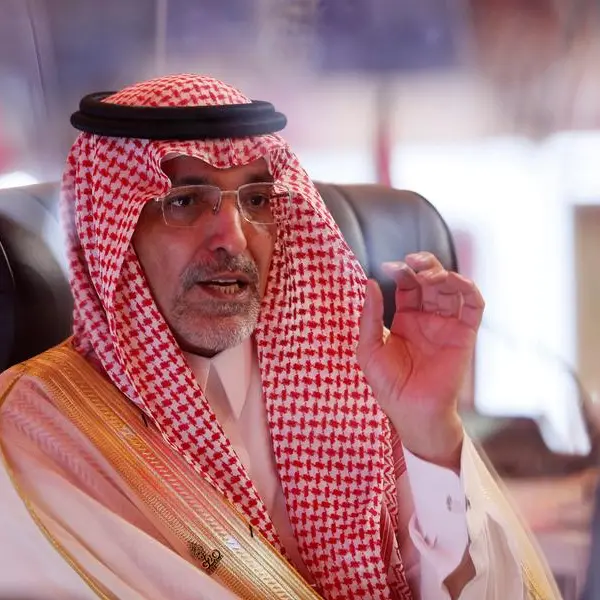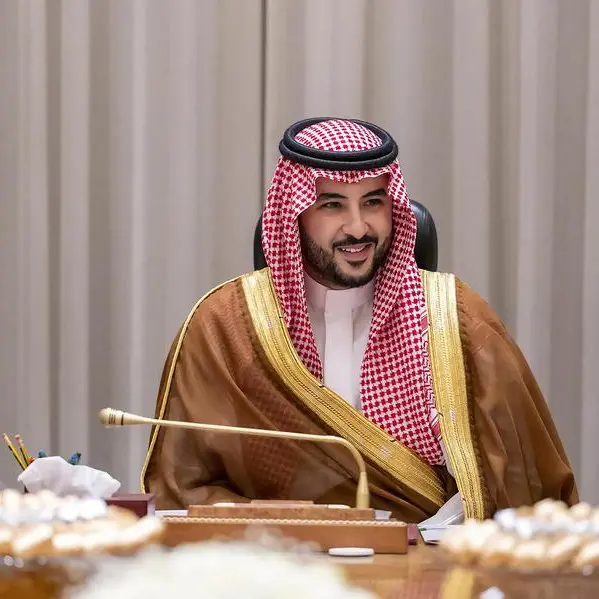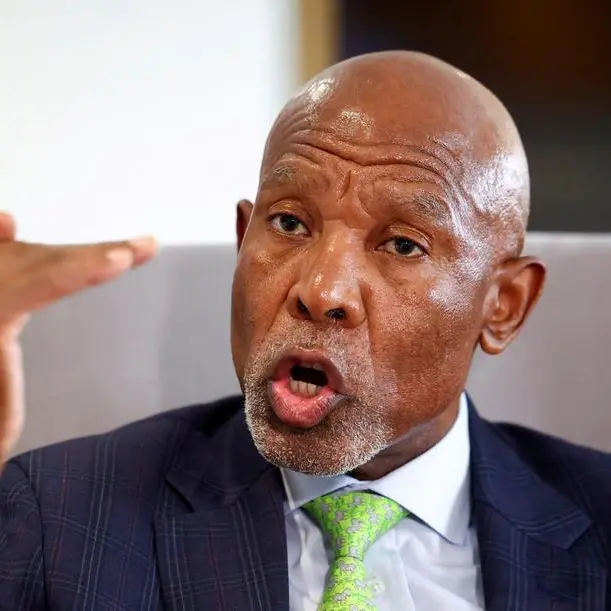PHOTO
Slogans are a powerful way to convey core messages in this age of sharp political communication. There is a long history of slogans in the cut-and-thrust of British politics — remember the Conservative party’s iconic pitch: ‘Labour Isn’t Working’, when the Margaret Thatcher-led party ousted Labour in 1979, or Labour’s ‘New Labour, New Life for Britain’, when Tony Blair led the party to a landslide win in 1997? The contending views of Brexit featured prominently in slogans in the charged campaign before the 2016 referendum on membership of the European Union, and before the 2017 and 2019 general elections (‘Take Back Control’, ‘Labour In For Britain’, ‘Get Brexit Done’).
Every such slogan attracts critics and supporters. One such slogan often repeated in parliament and official circles since the 2016 referendum is the ambition of a ‘Global Britain’, even though its contours have remained vague and its context reflected a contradiction: pursuing a global role, while Brexit implied a degree of insularity. The slogan has since been panned by several MPs, parliamentary committees and others, most recently in a House of Commons debate on developments in Afghanistan and Britain’s discomfiture about its role there. In 2018, the Foreign Affairs Committee undertook an inquiry to learn more about its meaning, before concluding: “The most frequent complaint we have heard from several witnesses is that the only thing that is clear about Global Britain is that it is unclear what it means, what it stands for or how its success should be measured.” In July this year, the slogan was the highlight of a major review of foreign policy, security, defence and development, titled Global Britain in a Competitive Age.
Covid-19 proved a dampener to post-Brexit plans on international trade and others areas (Prime Minister Boris Johnson twice cancelled his visit to India for trade talks), but largely away from the headlines in the British press, a large number of departments, companies and leading professionals have been busy to represent the best of Global Britain during the Expo 2020 Dubai.
Says Rahul Roy-Chaudhury of the International Institute for Strategic Studies: “The mega Dubai Expo provides the first significant opportunity to showcase the trading face of post-Brexit Britain; it will also be critical in defining the actual substance of Global Britain. The slogan rhetorically describes Britain’s ambitious independent foreign and trade policy. Its first post-Brexit official policy review this year established a new ‘tilt’ towards the Indo-Pacific region, stretching from the Arabian Gulf and eastern Africa in the western Indian Ocean to the western Pacific Ocean. Britain seeks to deepen its multiple layers of engagement in the Indo-Pacific. In April 2018, it opened its naval support facility in Bahrain, its first permanent base in the western Indian Ocean since its armed forces withdrew from East of Suez in the 1970s. Britain now has seven ‘permanent points of presence’ in this region comprising Bahrain, Oman, Qatar, Kenya, Diego Garcia, Singapore and Brunei. But there are critical challenges. The Covid-19 pandemic severely affected the British economy, lives and jobs since March 2020; economic recovery remains its top domestic priority. It is this context that makes the Dubai Expo crucial to the ideas and ambition of Global Britain.”
The right platform
The British government supported the UAE’s bid in 2013 when the Paris-based Bureau International des Expositions (BIE) — the intergovernmental organisation in charge of overseeing and regulating World Expos since 1931 — was in the process of deciding the venue of the 2020 Expo. The field of contenders was extremely strong, comprising Brazil, Russia, Thailand, Turkey and the UAE. But, as the then foreign secretary William Hague said at the time, “We assess that the Dubai bid is exceptionally strong: focused on global connectivity and accessibility, underpinned by its geographical location and its position as a global logistics and transport hub. All these would allow exhibitors to reach a large and varied international audience... holding Expo 2020 at a time of great change in the region would send a positive signal to the world that this is a region of dynamism, innovation and vast human potential.”
Expo 2020 Dubai will be the first World Expo to be held in the Middle East, Africa and South Asia (MEASA) region and the largest event ever held in the Arab world, from October 1, 2021 to March 31, 2022, bringing over 190 countries together in a spirit of shared purpose.
Britain has been a pioneer of organising spectacular Expos, winning several awards in design, landscape and architecture in such mega events over the decades, a fact often mentioned in advance of the Dubai event. The first World Expo was held in Hyde Park, London, in a specially constructed glass and iron structure called The Crystal Palace over 19 acres between May and October 1851, called ‘The Great Exhibition of the Works of Industry of all Nations’. Held to showcase the achievements of the Industrial Revolution, a celebration of Britain’s manufacturing prowess, it included over 100,000 objects and a large section on colonial India, put up by the East India Company. It attracted over 6 million visitors, including Charles Darwin, Karl Marx, Charlotte Brontë, Charles Dickens, George Eliot and Lewis Carroll, and generated enough income to create several institutions that continue to be major centres of activity, such as the Royal College of Art (RCA), Victoria & Albert Museum, Imperial College London and the Natural History Museum.
The RCA, which is the Heritage Partner of the UK Pavilion at the Expo 2020 Dubai, thus has a 170-year history of shared heritage with world exhibitions, going back to the 1851 Expo, which was conceived by Prince Albert and Henry Cole (who guided the early days of the institution that would become the RCA).
Paul Thompson, RCA vice-chancellor, says: “Throughout its 185 years, the Royal College of Art has always defined the future through creativity and innovation — from the 1960s’ standard-issue design for hospital beds by RCA graduate and pioneer Kenneth Agnew to environmental solutions today such as graduate company Olombria, who are using technology to improve pollination efficiency. I look forward to RCA staff and students demonstrating the incredible history and power of UK art and design, as Heritage Partner for the UK Government’s contribution to this important global showcase.” Adds Michael Lehnert, RCA’s head of Partnerships: “More and more students join the RCA from the UAE and other GCC countries, from India, Pakistan and the South Asia region. RCA experts work with Dubai-based companies on advisory and executive education focused on innovation, creative toolkits, and developing start-ups and entrepreneurialism. The RCA’s heritage is that our academics and students have always defined the future of their times.”
Innovations for the future
Based in the Opportunity District at Expo 2020 Dubai, Britain’s participation theme is ‘Innovating for a Shared Future’. Inspired by iconic physicist Stephen Hawking’s final project Breakthrough Message, the UK Pavilion invites visitors to consider what message we would communicate to express ourselves as a planet should we one day encounter other advanced civilisations in space. Visitors would be invited to donate an inspiring word to the Collective Message which an AI algorithm, trained on the works of over 100 contemporary British poets, will then compose a unique poetry couplet. This will then form part of an evolving continuous poem that illuminates the façade of the UK Pavilion and welcomes new visitors from across the Expo site.
Atop the pavilion will be a striking 25-metre-high cone structure designed by artist Es Devlin to reflect the UK’s openness to trade and tourism, with the radial timber cone welcoming visitors into a carefully curated journey of sights, sounds and experiences which showcase British innovation and invite collaboration on solutions to global challenges. One of the pavilion’s highlights harks back to history in the form of an ‘1851 Restaurant & Bar’ to showcase traditional hospitality with innovative style. The idea is to offer the best of British food and drink while shining a light on reinventions of traditional British food with new unique dishes and flavours, with collaborations with up-and-coming and Michelin-star chefs to curate menus and themed moments. It is a fair gamble that one of the dishes on offer will be ‘chicken tikka masala’, considered Britain’s ‘national dish’.
Another innovative area in the UK pavilion will be the Choral Space, where visitors would be ‘cocooned’ in a soundscape conceived by Devlin, featuring voices and sounds from across the world. Officials say submissions have been accepted from people of any age, playing any instrument and have been woven into a seven-minute long tribute to virtual choirs, orchestras and music sections that symbolise humanity’s resilience, creativity and optimism. By inviting voices from Bangkok to Brighton and instruments from bagpipes to sitars, the crowd-sourced composition is also intended to echo the pavilion’s goal of honouring the range and diversity of people from around the world.
Since the 1851 Expo, organisers say similar world events have brought together global thinking and leaders, a tradition that would be continued at the UK Pavilion’s Inspiration Gallery in the form of three World Majlis events, each of which both students and visitors are encouraged to attend and contribute to. Their themes are: ‘Sustainability For All’ on October 5 will look at innovative policies, technology and lifestyle solutions that can help people live a healthier and more affordable life in balance with nature; the ‘Digital Twins’ session in January will explore the new realities opened up by the evolving world of data; and the third and final UK-centric World Majlis, the ‘Chemistry of Happiness’ Majlis on UK National Day (February 10, 2022), will look at the role technology can play in supporting the mental health of people across the globe.
The highlights will include witnessing live sculpting. Earlier this year, the Royal Society of Sculptors announced a competition in partnership with the UK Pavilion — the Live Sculpture Commission. The winning artist will create a piece live in-sight of visitors to the UK Pavilion between November 1 and 8, inspired by the theme ‘Seeing Things Differently’. The final piece will be unveiled at a VIP reception before the sculpture is then on exhibition for the remainder of the event which closes on March 31, 2022.
Laura Faulkner, UK Commissioner General & Project Director, Expo 2020 Dubai, says: “The UK Pavilion is quite unlike any structure of its kind. Our six-month events programme will feature cultural, educational, tourism and business activity to showcase the UK’s innovation and creativity, fostering new international partnerships and deepening cultural and economic ties. It will feature speakers, celebrities, innovators and industry leaders, creating a space to develop new ideas, solutions and partnerships. The UK is a welcoming environment that embraces other cultures and encourages collaboration. The UK Pavilion allows visitors to experience world-class British hospitality and learn more about the amazing people that make up our country. The culture programme will showcase the UK’s rich and diverse heritage, featuring music, sport, cuisine, film, performing arts, fashion and art — culminating on the UK’s National Day on February 10, 2022 with the theme of ‘Celebrate Extraordinary’. After years of planning and 18 months of a pandemic, we are now looking forward to welcoming old partners and new collaborators to the UK Pavilion over the next six months. I cannot wait to see what new connections and international relationships we can make.”
For the first time ever, organisers say the Young Chef Young Waiter competition will be held before an international audience when 20 UK semi-finalists will travel to Dubai for the final rounds, with the award ceremony taking place on November 16. Artificial Intelligence and technology will be the focus of summits joined by Anu Ojha, director of the National Space Centre, and other leading experts. For five days between March 17 and 21, 2022, the summit on ‘In the Future, How will we Advance?’ will highlight how AI can continue to benefit people across the globe while driving towards a more sustainable future, while another summit during the same period will explore how new technologies and big data can be applied to real social and environmental issues, such as healthcare, energy and climate change.
(Prasun is a journalist based in London. He tweets @PrasunSonwalkar.)
Copyright © 2021 Khaleej Times. All Rights Reserved. Provided by SyndiGate Media Inc. (Syndigate.info).





















